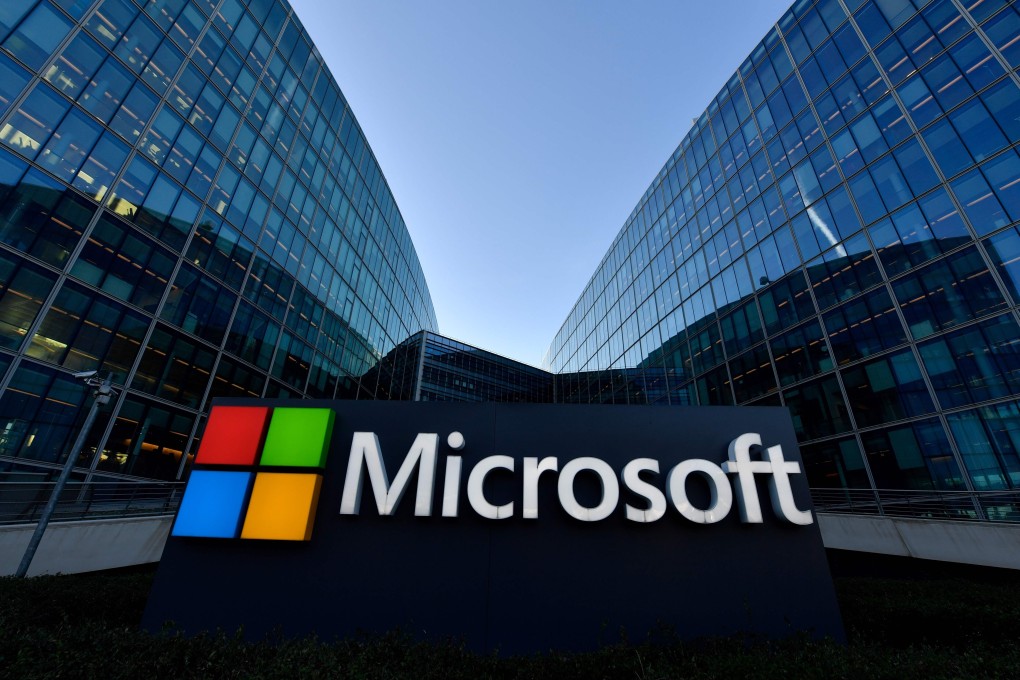Microsoft names Qualcomm executive Hou Yang as new Greater China chief
- Before joining Microsoft, Hou Yang worked in Qualcomm’s lucrative semiconductor business
- Microsoft has a long presence in China, but has so far failed to turn it into a large revenue generator

Microsoft has named a young Chinese executive as its new chairman and chief executive for the Greater China region amid increasingly complicated tech relations between the US and China.
Hou Yang, a former executive at Qualcomm, will take the helm from Alain Crozier starting in July, according to the company’s announcement on Monday. Hou is the first Chinese-born executive appointed to the role in nearly a decade.
Before joining Microsoft, Hou served at Qualcomm for eight years, most recently as senior vice-president of the semiconductor business, Qualcomm’s largest revenue generator in China. After tripling revenue during his tenure at Qualcomm, Hou will lead Microsoft‘s strategy, sales and marketing operations in Greater China.
Hou grew up in Shenyang in the northeastern industrial heartland of Liaoning province. He received his bachelor’s degree in physics from Peking University in 2004 and doctorate in electrical engineering from the University of Michigan in 2008, according to his LinkedIn profile.

Microsoft, which entered China in 1992 and now employs 6,000 workers there, has proven to be one of the few US tech companies that have managed to maintain a lasting presence in the tightly-controlled market. However, while Microsoft is well-regarded in China in the area of artificial intelligence (AI) research, the 45-year-old software giant does not count China as a major revenue source.
The company’s president Brad Smith said in January last year that the Chinese market contributed 1.8 per cent of Microsoft’s annual revenue, or around US$2 billion.